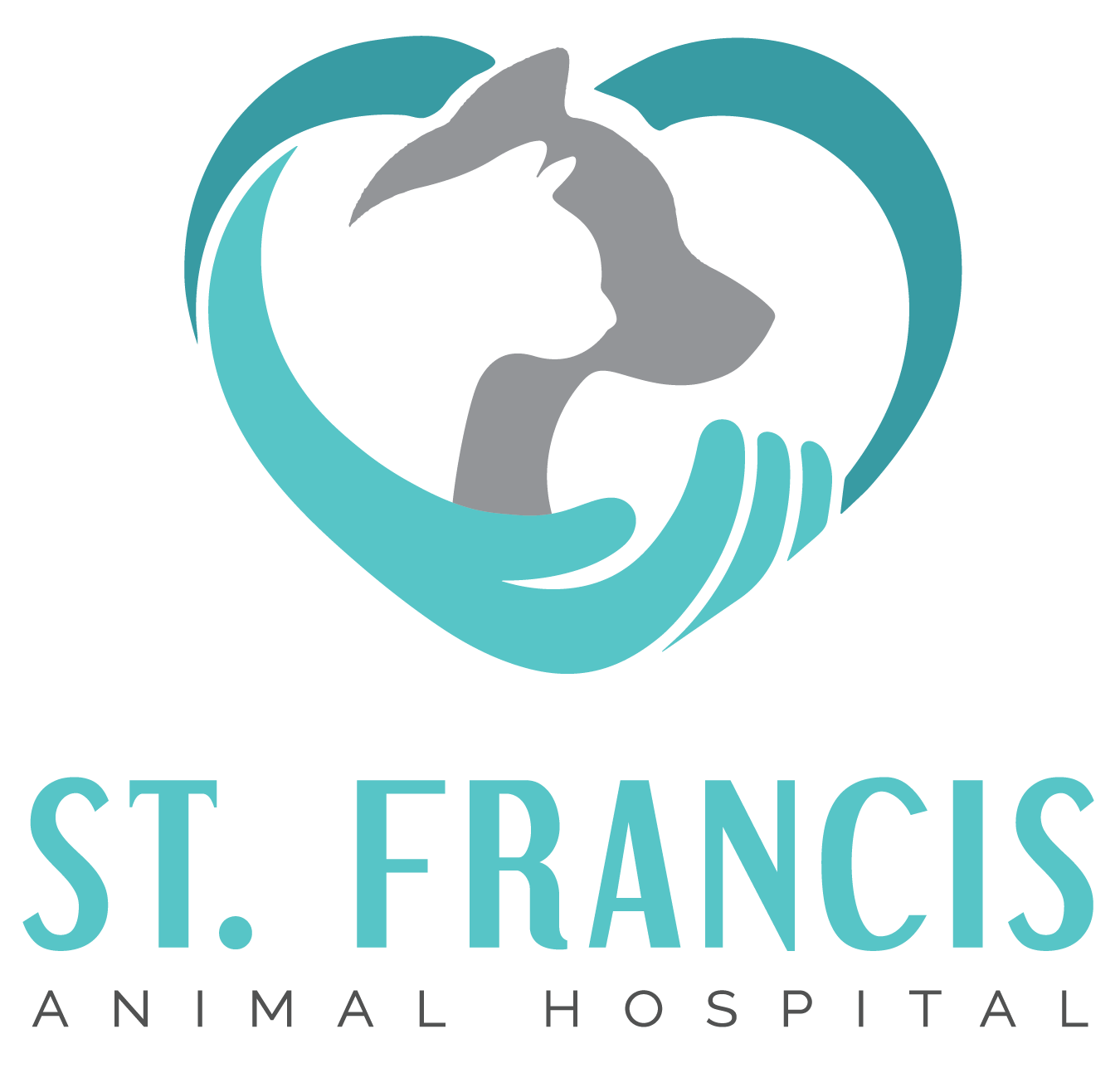
Are you travelling with your pet this summer?
Do you need a health certificate from a United States Department of Agriculture – Animal and Plant Health Inspection Service (USDA-APHIS) Nationally Accredited (NA) veterinarian?
If you are travelling with your pet, a health certificate may be required! Health certificates prevent the unnecessary transmission of infectious diseases. They keep your pet safe as well as others. In addition to a health certificate, a consultation with a veterinarian is recommended to better understand regional risks. For example, the northeast region of the U.S. has a higher risk of Lyme while the midwest has a higher risk of fungal pneumonia. Lyme is entirely preventable. Health certificates are particularly important in our food industry.
Travelling Between States (Interstate Travel):
Travel requirements will differ by state and intended purpose for travel (privately owner, research or resale). Please check with your veterinarian or by visiting the USDA-APHIS website (https://www.aphis.usda.gov/aphis/pet-travel). All pets will require a rabies vaccination. Again, health certificates between states are subject to individual state and/or airline requirements. This includes all states entered while in transit to your final destination. Some states require only a rabies certificate by any licensed veterinarian.
International Travel:
Travel requirements will differ by country and airline. All international travel requires a health certificate by a USDA-APHIS NA veterinarian. At St. Francis Animal Hospital, we have a USDA-APHIS Category II veterinarian, Dr. Kaitlyn Childs. This means that she can inspect any animal; including, birds, ferrets, bees and exotics. The process can be quite strenuous and may take several months depending, again please visit the USDA-APHIS website
( https://www.aphis.usda.gov/aphis/pet-travel ).
Suggestions for International Travel:
-
Your pet must be healthy and/or free from communicable diseases in order for a health certificate to be valid.
-
Allow adequate time to ensure proper documentation!!! The process may take as little as 10 days to 6 months depending upon the type of animal, country of importation and intended purpose. Vaccinations, diagnostics (fecals and titers) and/or medications may be required.
-
Visit the USDA-APHIS website ( https://www.aphis.usda.gov/aphis/pet-travel ).
-
Call your airline or travel agency to inquire about their specific pet requirements.
-
Is your pet microchipped? To enter the European Union, an ISO compliant microchip is required. St. Francis is pleased to offer ISO compliant microchips. Any vaccine prior to this microchip is considered invalid by the E.U.
-
Rabies vaccination is generally required. Rabies free regions may require titers and/or quarantine procedures.
-
Schedule accordingly! To enter the European Union a health certificate in addition to an E.U. certificate is required from a USDA-APHIS NA veterinarian within 10 days of travel. This must be “endorsed” by a veterinary medical officer at the USDA-APHIS-VS regional office. The regional office for this area is in Richmond, Va. Appointments are recommended and service fees apply. Plan time prior to travel to visit both a NA veterinarian and the USDA-APHIS VS regional office.
Three Levels of Veterinary Certification
-
Licensed Veterinarian: A person who is currently licensed to practice veterinary medicine in the State.
-
USDA-APHIS NA Veterinarian: A licensed veterinarian who has completed training as part of the National Veterinary Accreditation Program (NVAP) which is voluntary.
-
Veterinary Medical Officer: A federally appointed veterinarian trained in promoting public health.





Recent Comments